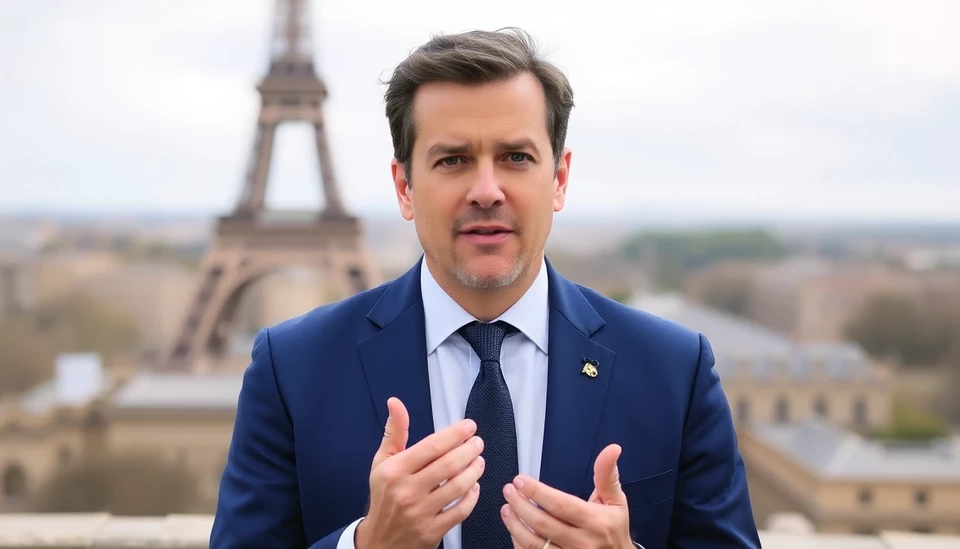
France has officially confirmed its budget deficit for 2024 is projected to reach 6.1% of its Gross Domestic Product (GDP), marking a significant economic challenge as the country looks to balance fiscal responsibility with ongoing public spending demands. This new forecast is a slight improvement from the previous year but still raises alarms about the nation’s financial sustainability and economic health.
The French government, under the leadership of President Emmanuel Macron, announced this projection amidst a broader strategy to reduce public spending and stabilize the economy. Officials highlighted the importance of maintaining public investment, particularly in sectors essential for stimulating growth, such as green technology and digital transitions. However, the emphasis on investment comes with conflicting priorities, as rising interest rates and inflation pressures complicate governmental revenue generation capabilities.
This projection arrives in a delicate economic environment for France, where concerns over inflation and higher borrowing costs have begun to weigh heavily on both consumers and businesses. The fiscal plan for the next year indicates a reliance on transforming the economic landscape while also attempting to control the burgeoning national debt that has shown little signs of abating. Experts warn that if this trajectory continues, it could lead to worsening public services and strained economic stability.
Macron's administration remains committed to reducing the deficit to below 3% of GDP by 2027, as outlined in the European Union's fiscal constraints. This ambitious goal seeks to align with broader EU standards but comes with the challenge of balancing austerity measures while also fostering economic growth. Discussions surrounding tax reforms and public spending cuts are likely to be central themes as the administration prepares for upcoming parliamentary debates.
Labor unions and opposition parties are already vocalizing their discontent regarding the proposed measures, fearing that austerity could adversely impact essential public services such as healthcare and education. There are growing calls for a more balanced approach that doesn't sacrifice public welfare for budgetary conformity.
As France navigates these challenges, the situation remains fluid, and government officials assert that ongoing dialogue with stakeholders will be crucial in shaping a more resilient economic future. The emphasis on sustainable growth alongside deficit reduction serves as a tightrope walk that will demand not just fiscal prudence but also adept political maneuvering in the months ahead.
As the 2024 budget approaches, all eyes will be on Macron's government and their ability to implement these plans effectively while maintaining public support and fostering a more prosperous economic environment.
#France #Budget2024 #EconomicForecast #GDP #Deficit #PublicSpending #EmmanuelMacron #FiscalResponsibility #EU2027 #EconomicGrowth
Author: Daniel Foster




